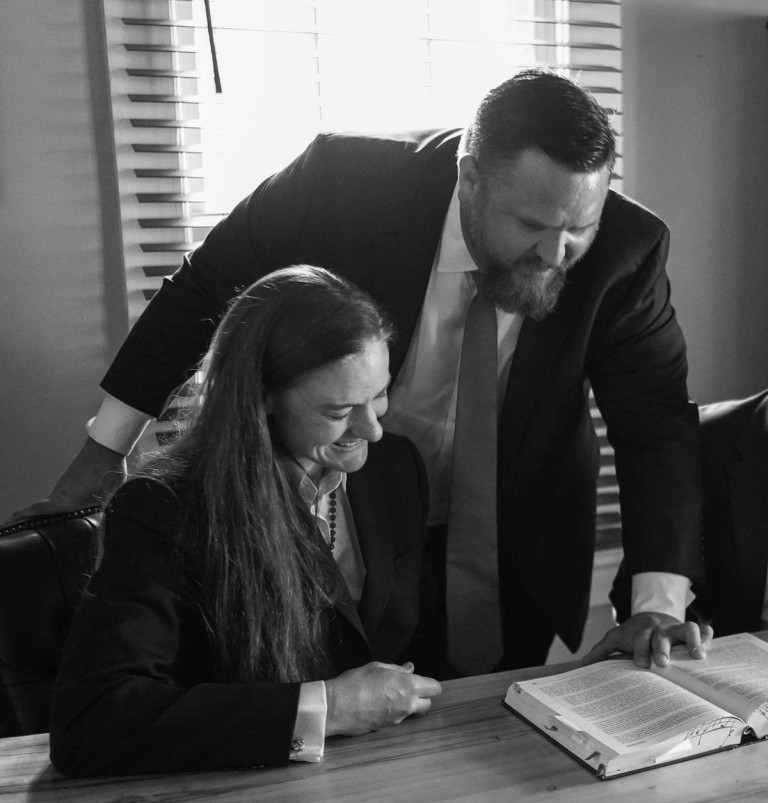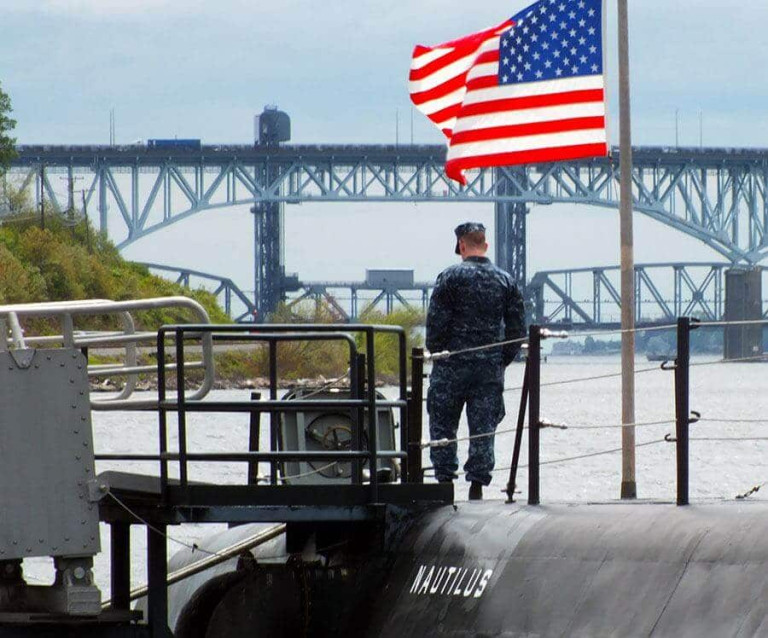Obviously Solicitors and County Attorneys have the authority to prosecute cases at the Magistrate court level, but what about the officer that did the investigation and made the arrest? Even a more interesting question is what about an officer from the arresting department who was not involved in either the investigation or the arrest?
There is an Attorney General’s opinion regarding this question, and while this opinion would not supersede a decision of a court of competent jurisdiction, this document does provide a wealth of information regarding the proposed question.
The question posed in the opinion was, “whether a deputy sheriff who conducts the investigation should be the officer prosecuting the case in magistrate’s court.” My interest in this topic has led me to take this analysis one step further and additionally look at the question of whether or not a deputy, with no connections to the case, can step in and act as a prosecutor for the State. This is exactly the issue that arose in a recent magistrate court case I had the opportunity to observe.
As a sort of blanket statement, the Attorney General’s opinion acknowledges that Article V, §4 of the South Carolina Constitution declares that it is the duty and right of The South Carolina Supreme Court to regulate the practice of law in this state. This notion is also set forth in In re Unauthorized Practice of Law Rules Proposed by the South Carolina Bar, 309 S.C.304,422 S.E.2d 123,124 (1992).
According to the opinion, “no South Carolina statute addresses the ability of law enforcement officers to present cases on behalf of the State at the magistrate’s court level,” however, the following cases provide guidance with respect to the prosecution of traffic or traffic relate offenses in magistrate and municipal court by persons other than attorneys: State v Messervy, 248 S.C. 110, 187 S.E.2d 524 (1972); State ex rel. Mcleod v. Seaborn, 270 S.C. 696, 244 S.E.2d 317 (1978); and State v. Sossamon, 298 S.C. 72, 378 S.E.2d 259 (1989).
In summary, the above cases provide that the arresting law enforcement officer, who is prosecuting his own case, would fall within the South Carolina Supreme Court guidelines and that officer would be allowed to prosecute the case on behalf of the State. The rational seems to be that the arresting officer, who makes the case to arrest the subject or procures the arrest warrant, is able to testify regarding the events surrounding the investigation, and said officer would not be holding himself out as an attorney in this type of situation. Additionally, allowing this process promotes “the administration of justice by allowing cases to be disposed of in a timely manner.”
The opinion concludes by stating that it is unclear whether a court would agree with this opinion and that such determinations would need to be made on a case-by-case basis, and the truth is that every judge may look at this issue a little different.
I recently had the opportunity to observe this issue play itself out in the courtroom and the result was that a deputy, who was not involved in either making the case against the defendant nor the arrest, was not allowed to simply step in and prosecute the case on behalf of the State. I thought this was the right decision for many reasons.





